Despite sanctions, Iran unlikely to restart nuclear program—yet
By Kelsey Davenport | November 5, 2018
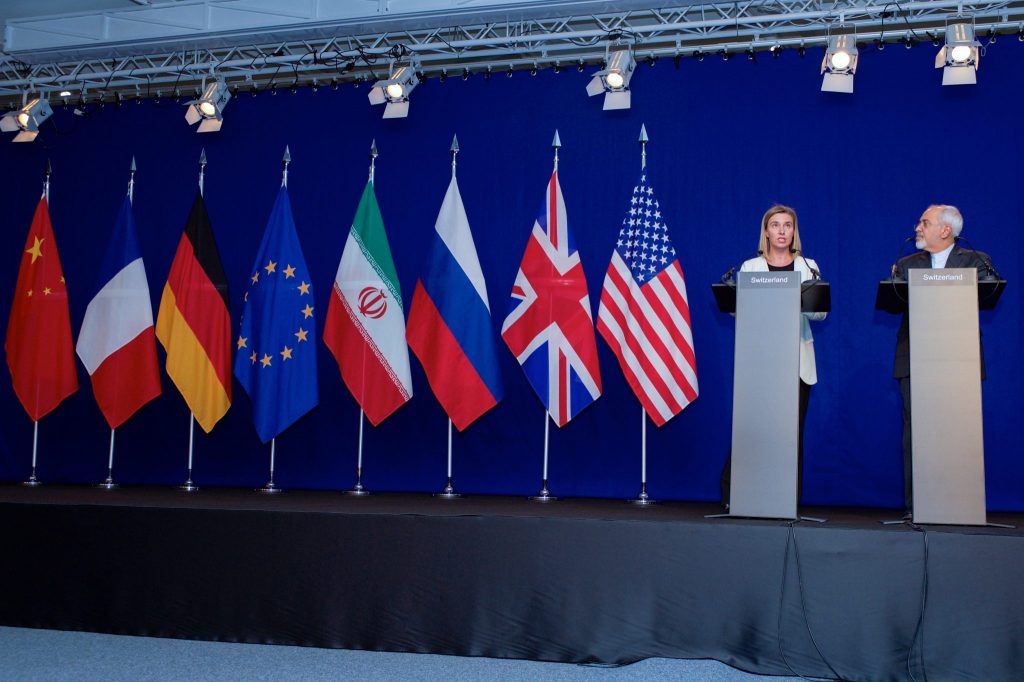
Iran’s commitment to the 2015 nuclear deal will face another test starting November 5, when US sanctions targeting the country’s oil sector come back into effect. When Tehran concluded the agreement with six world powers—the United States, Russia, China, France, Great Britain, and Germany—it agreed to stringently limit nuclear activities in exchange for sanctions relief. The government of President Hassan Rouhani, and millions of ordinary Iranians, hoped this would bring major economic benefits by allowing foreign companies to do business with Iran. Despite the fact that Iran was complying with the terms of the deal—as documented by the International Atomic Energy Agency and the US State Department—the Trump administration decided on May 8 that it would reimpose the lifted sanctions, violating the agreement and dealing a harsh blow to Iran’s economy. That left Iran with a decision to make: Continue to comply with the agreement—known as the Joint Comprehensive Plan of Action, or JCPOA—which still had the support of the five other parties and the European Union? Or resume and expand nuclear activities the deal had restricted?
Fortunately, Washington’s unilateral decision to withdraw from the deal, and even the cut in oil exports that will kick in November 5, are unlikely to trigger a drastic shift in Iran’s approach to the nuclear agreement. Most likely it will continue to adhere to JCPOA terms—at least in the short term. It has had time to adjust to the expected cut in exports. And, given the tightening in the oil market and Iran’s willingness to sell oil at a discounted rate, it is unlikely that the Trump administration will succeed in pushing Tehran’s oil exports to zero. India and China, Iran’s two largest oil customers, communicated to the United States that a complete cut is unrealistic at this time. Additionally, Iran’s past history with sanctions demonstrates a high tolerance for economic pain, and Tehran appears poised to wait out the Trump administration.
Iran’s decision, though, is not solely dependent on sanctions, and could shift down the road. Recognizing how important it is to keep Iran from developing nuclear weapons, the European Union, Russia, and China are trying to find ways to preserve the economic benefits of the deal. Policymakers in the United States, meanwhile, still have a critical role to play. They can help keep the path open for a US return to the JCPOA, and prevent tensions from unnecessarily escalating over Iran’s nuclear rhetoric.
First, do no (more) harm. The Trump administration’s decision to reimpose sanctions—despite acknowledging Iran’s compliance with the JCPOA—dealt a serious blow to US credibility and significantly undermined the deal’s benefits to Iran. But US policymakers can still mitigate further negative impacts. This should start with reclaiming the narrative surrounding the deal and emphasizing its nonproliferation value.
The Trump administration has painted the deal as a failure because it did not “fix” Iran’s policies in areas beyond the nuclear program. But the JCPOA was only ever negotiated to block Iran’s pathways to nuclear weapons, and Tehran is clearly complying with the new restrictions and obligations. Trump’s blatant attempts to characterize the deal as a disaster must not go unchallenged, and policymakers supportive of its goals cannot wait for the next attack to defend it. The JCPOA put in place more intrusive, permanent, inspection provisions, and limits ensuring that for a decade, it would take Iran more than 12 months to produce enough fissile material for one bomb.
Furthermore, Iran may be more willing to continue adhering to the nuclear agreement—even without the full hoped-for economic benefit—if supporters of the deal in the United States continue to assert its security benefits, foreshadowing a return to US compliance under a different administration.
Beyond defending the value of the accord, there are additional steps US policymakers can take towards achieving the goal of a non-nuclear-armed Iran. They should, for instance, refrain from blocking the JCPOA’s nuclear-cooperation benefits. The deal calls for Iran to repurpose certain facilities so that they cannot produce fissile material that could be used for nuclear weapons, and China and Russia agreed to help with these projects.
Specifically, the United States should refrain from sanctioning Chinese entities working on modifying the heavy-water reactor at Arak and penalizing Russian assistance in converting the Fordow uranium enrichment site to a research and isotope production facility. When re-imposed US sanctions enter into full effect, the Atomic Energy Organization of Iran will return to Washington’s list of off-limits entities, putting those doing business with it at risk of US penalties. That means Russian and Chinese companies conducting legitimate, JCPOA-permitted business could be subject to sanctions, diplomats told Reuters earlier this year.
If Washington impedes these projects, particularly the reactor conversion at Arak, it would be an act of nonproliferation malpractice. Iran removed the core of the reactor and rendered it inoperable after the JCPOA was finalized, but Tehran could choose to revert to the original design if US sanctions prevent China from completing the modifications. Once modified, the reactor will produce far less plutonium than necessary for a nuclear weapon on an annual basis, and the spent fuel will be shipped out of the country. This poses a much lower proliferation risk than the original design, which would have produced enough separated plutonium on an annual basis for about two nuclear warheads.
US policymakers, particularly members of Congress, should also refrain from measures that would impede a return to US compliance with the nuclear deal down the road. At this point, if Washington wanted to return, it could simply lift sanctions and rejoin. But if Congress pursues new sanctions against Iran with unrealistic conditions, or ties the future removal of nuclear sanctions to changes in Iran’s activities in other areas, Tehran may decide that it is not worth it to try and wait out the Trump administration. Closing the door on a return to the JCPOA would send a message to Iran that there is no realistic way to negotiate away US sanctions.
React proportionately. While Rouhani has reiterated that Iran will continue to honor the deal, he and other officials continue to remind the international community that the country will change course and ramp up nuclear activities if Tehran no longer sees any benefit in remaining.
At this point, Iran’s rhetoric about exiting the deal is primarily aimed at motivating the remaining parties to the deal, particularly the European Union, to continue pursuing ways to work around US sanctions and maintain trade. The remaining parties are doing just that, highlighting efforts to protect legitimate trade while encouraging continued Iranian compliance.
Following past patterns, Iran may in the future issue announcements that appear to bolster its nuclear program, but do not actually violate the accord or make the country more able to pursue nuclear weapons. The point of these announcements will be to suggest that Tehran could resume nuclear activities that equal or even exceed what it was capable of in 2013, before negotiations on the JCPOA began.
Iran has already engaged in this type of signaling, announcing in June—the month after Trump said sanctions would be re-imposed—that it had constructed a new facility for producing centrifuges. Construction of the centrifuge production facility was a carefully calibrated step. So long as Iran does not use it to produce centrifuges in excess of what is narrowly permitted by the JCPOA, the action does not violate the deal. But it does indicate that Iran may expand its nuclear program in the future. Earlier this year, when Trump began threatening to withdraw from the deal unless Iran agreed to several unilateral demands, Iranian officials notified the IAEA of its intent to pursue nuclear propulsion, the technology that uses a nuclear reactor to power a ship or submarine. In the past, Iran had discussed an interest in nuclear propulsion and argued that enriching uranium to weapons-grade levels, above 90 percent uranium-235, would be a necessary part of the program.
As sanctions pressure increases, the Iranian government may pursue similar actions, both to appeal to domestic audiences and to remind the remaining parties to the accord that Tehran’s continued compliance should not be taken for granted. It is critical not to overreact to these political signals.
If Iran’s calculus does change, Tehran is more likely to test the boundaries of the deal to assess how the remaining parties respond, rather than withdrawing outright and quickly reconstituting its nuclear program. Again, proportionality will be crucial in responding to Iran’s actions. Not all actions pose the same proliferation risk. While any violation should be treated seriously, an excess in heavy water does not pose the same threat as a return to 20 percent uranium-235 enrichment. (Under the JCPOA Iran is limited to 3.67 percent enrichment for 15 years). And since the technical complexity of the JCPOA could make it difficult to distinguish between deliberate and unintentional noncompliance, it will be important for the parties to rely on the deal’s dispute resolution mechanism. It has been used in the past to resolve differing interpretations of deal provisions, and Tehran has abided by the decisions reached. Certainly, all parties should give the dispute resolution process time to work before resorting to punitive action or the kind of loose talk of military strikes the US president likes to issue on Twitter.
In short, we are lucky that Iran has decided thus far not to withdraw from the JCPOA and expand its nuclear program, despite the US decision to renege and reimpose sanctions. To help ensure continued Iranian compliance, US policymakers can continue to support the nuclear deal and refrain from overreacting to rhetoric out of Iran.
Together, we make the world safer.
The Bulletin elevates expert voices above the noise. But as an independent nonprofit organization, our operations depend on the support of readers like you. Help us continue to deliver quality journalism that holds leaders accountable. Your support of our work at any level is important. In return, we promise our coverage will be understandable, influential, vigilant, solution-oriented, and fair-minded. Together we can make a difference.
Topics: Analysis, Nuclear Weapons, The Iranian problem


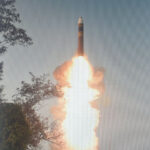





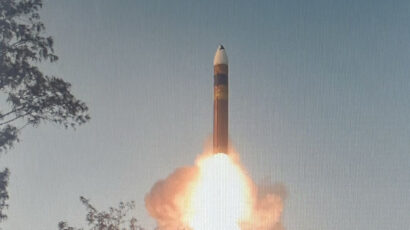
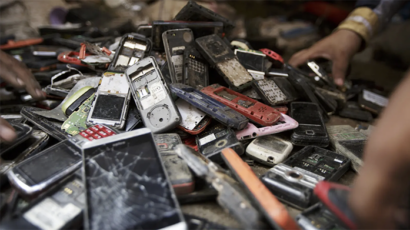


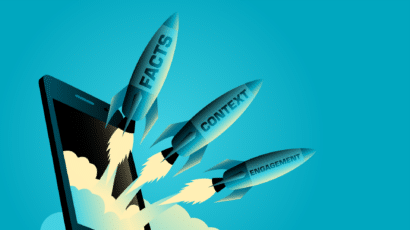

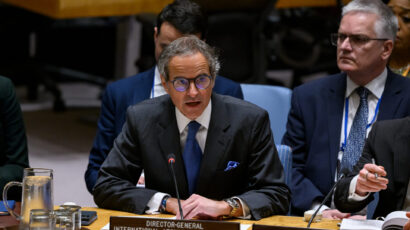
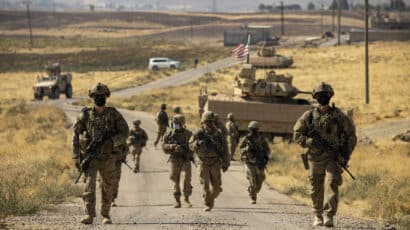
“The remaining parties are doing just that, highlighting efforts to protect legitimate trade while encouraging continued Iranian compliance.”
As far as the EU is concerned, this has been talking the talk, but not walking the walk, so far. And in fact, European companies have almost all been hurrying to meet the US demands.